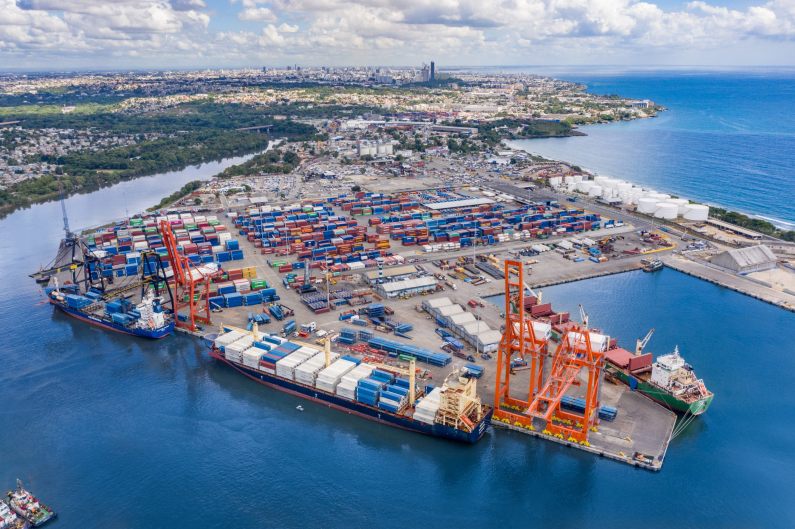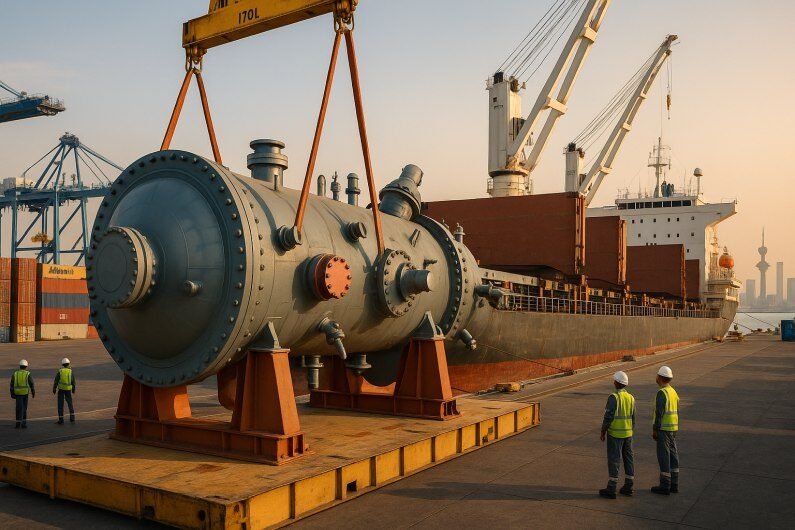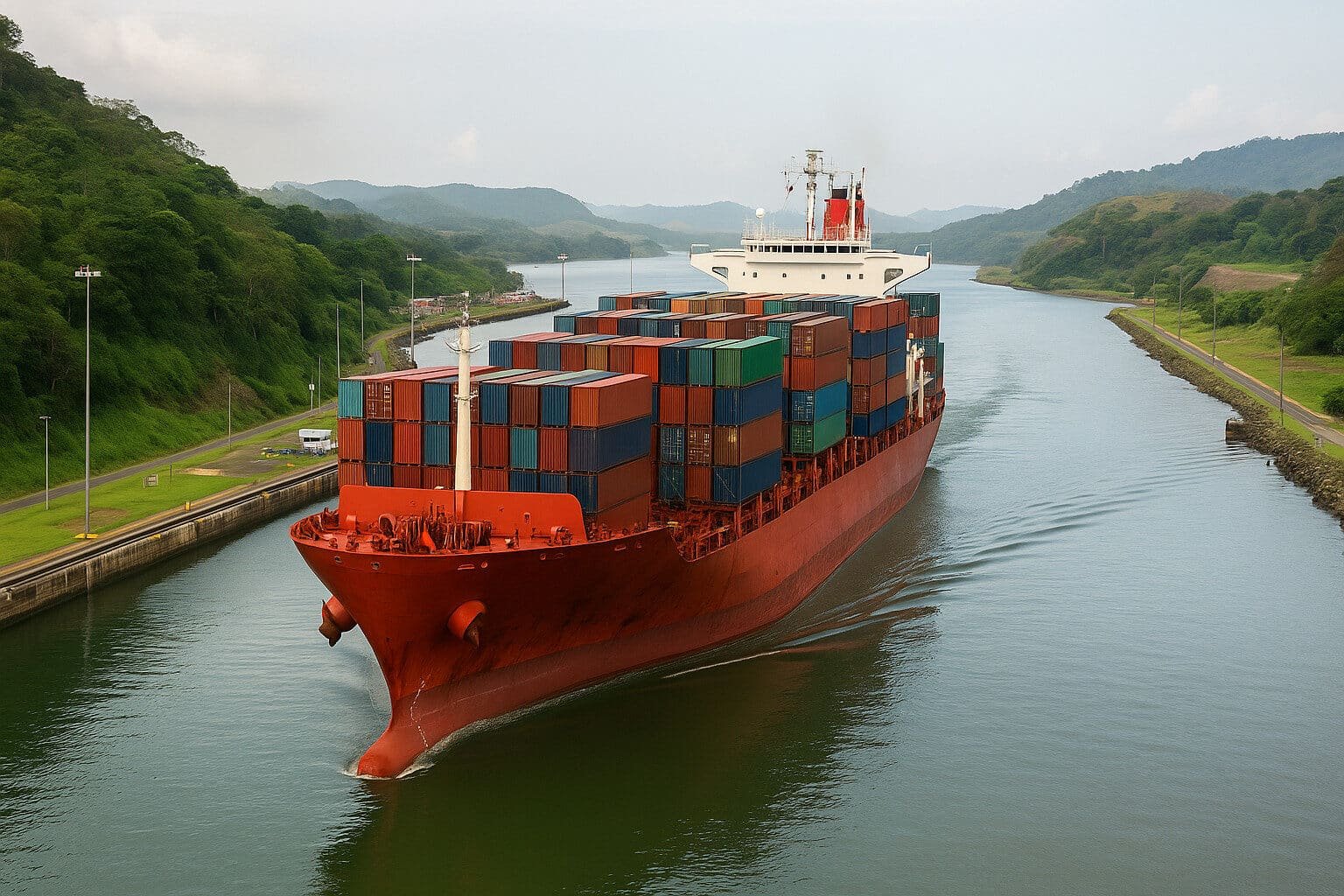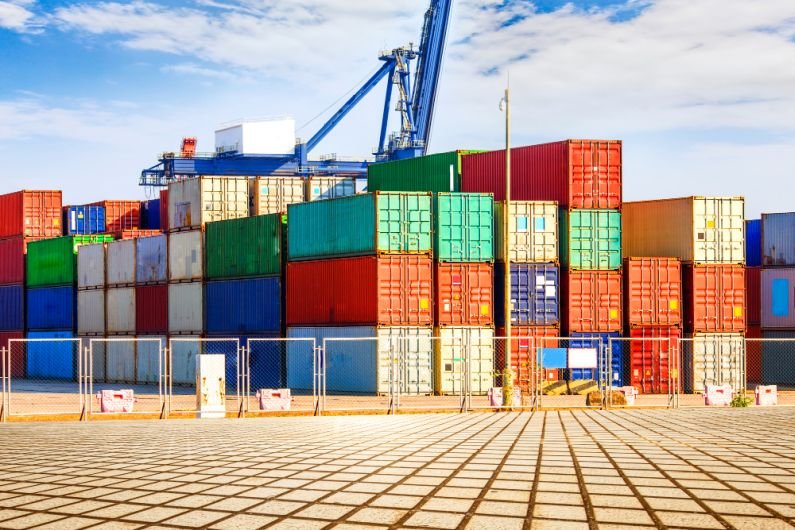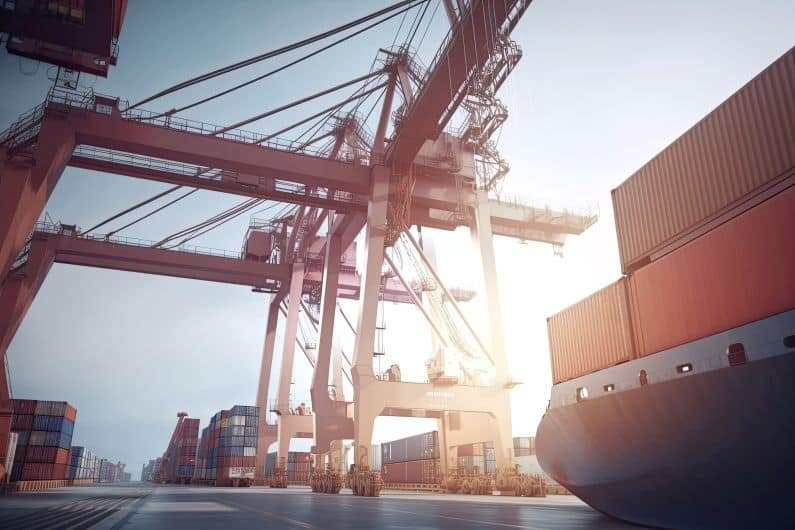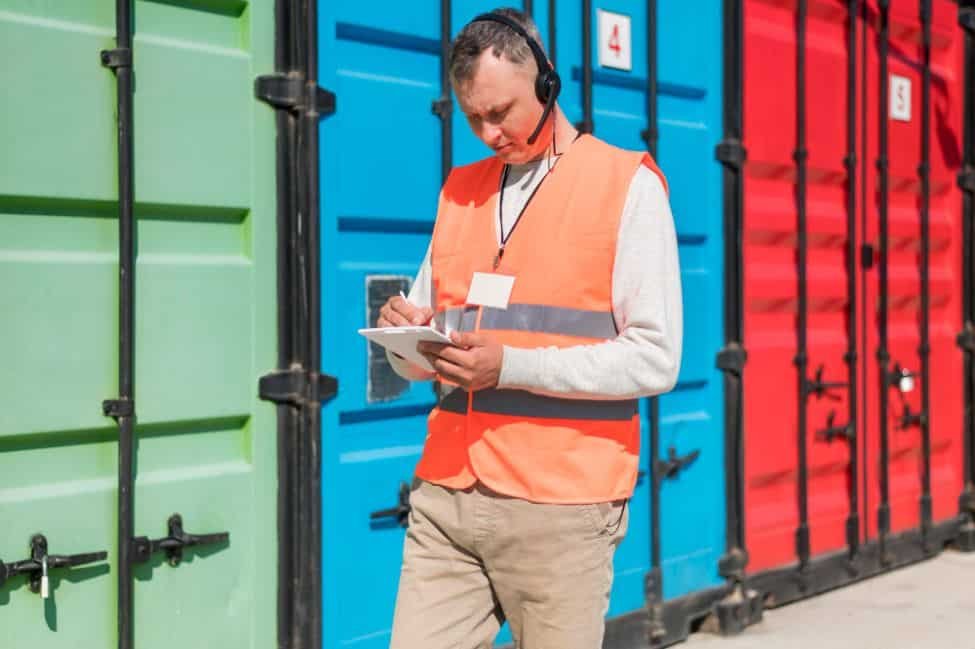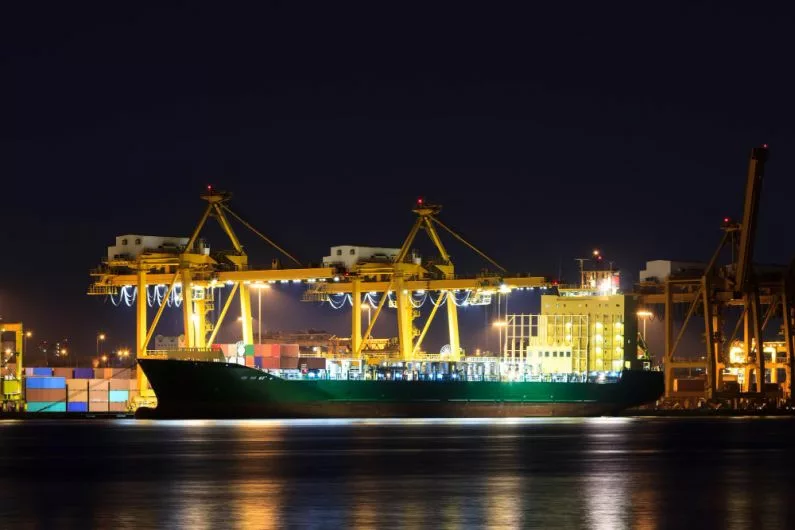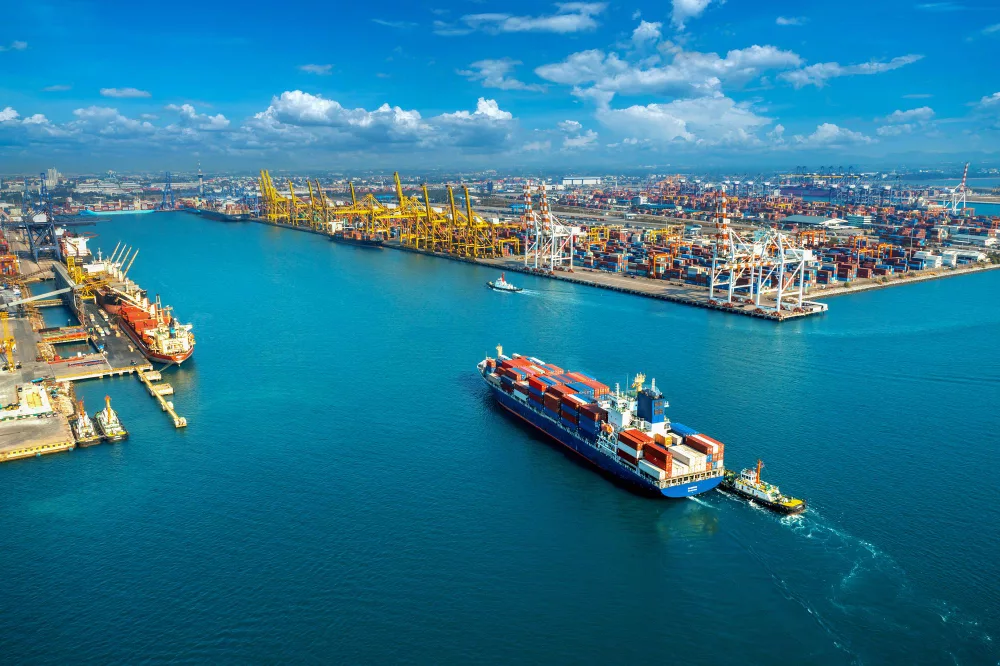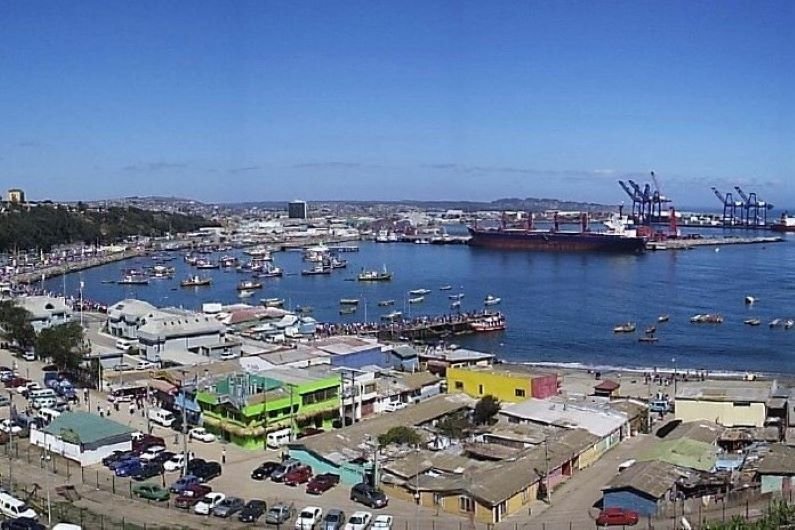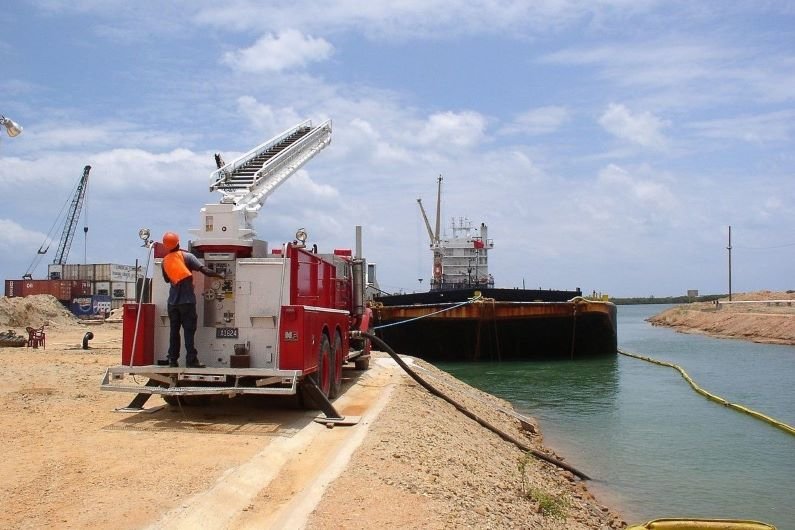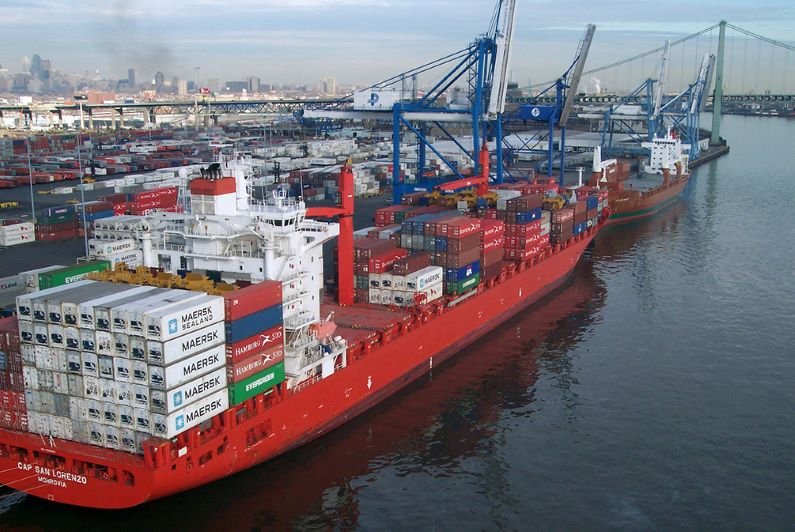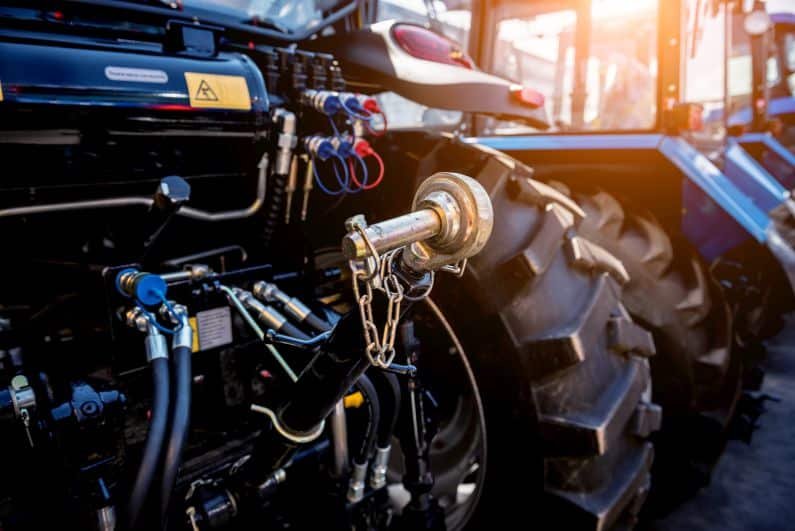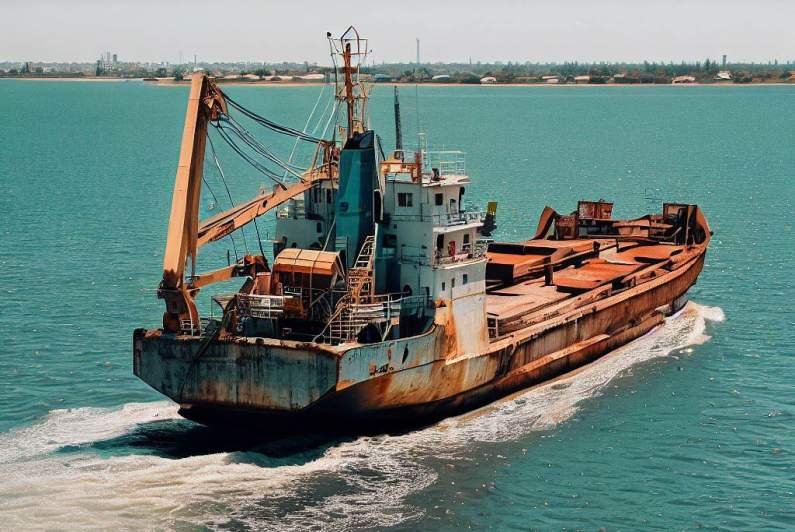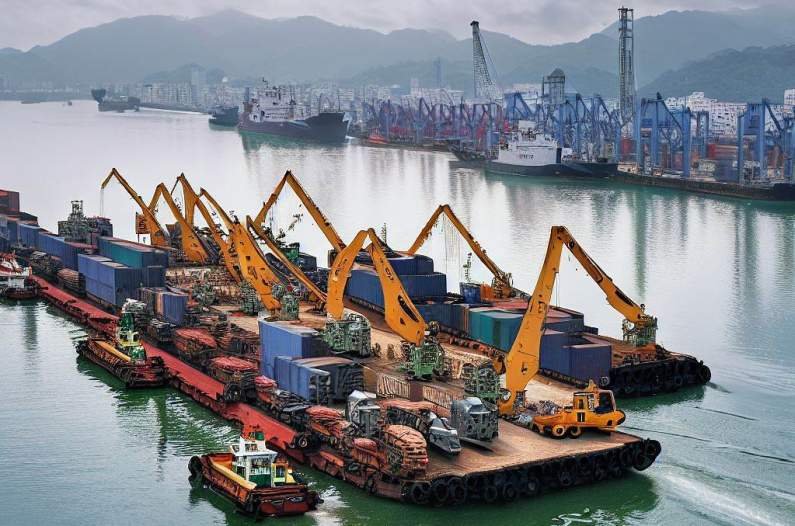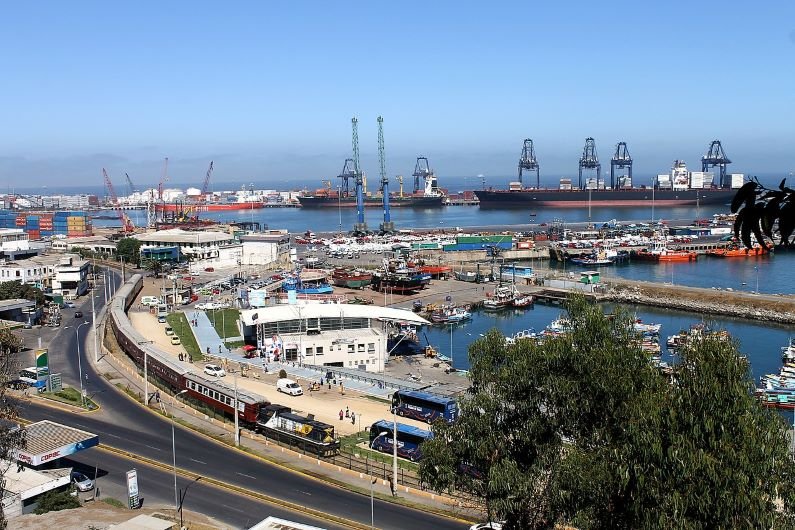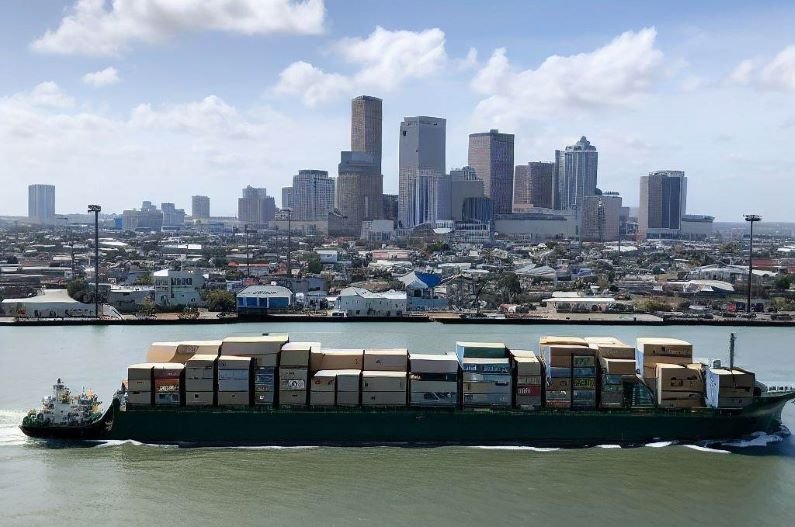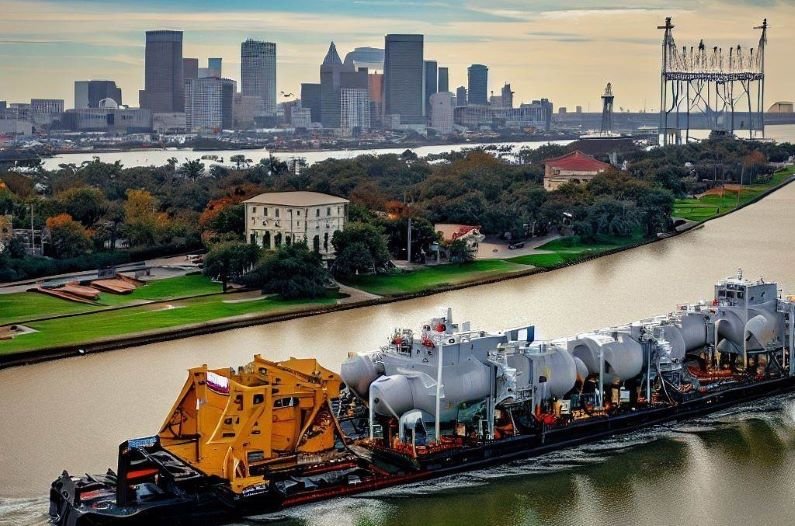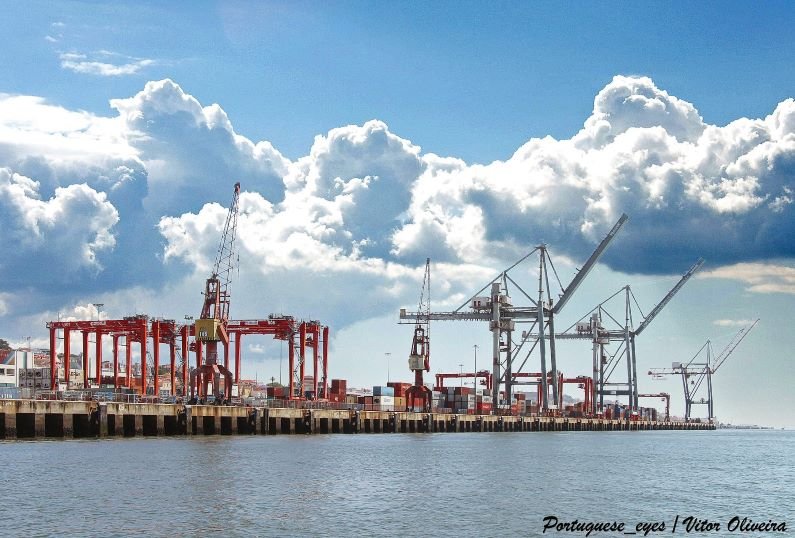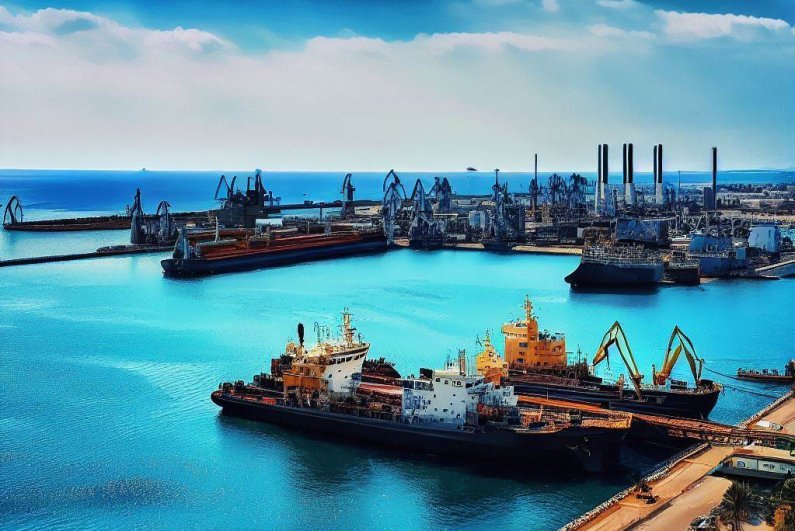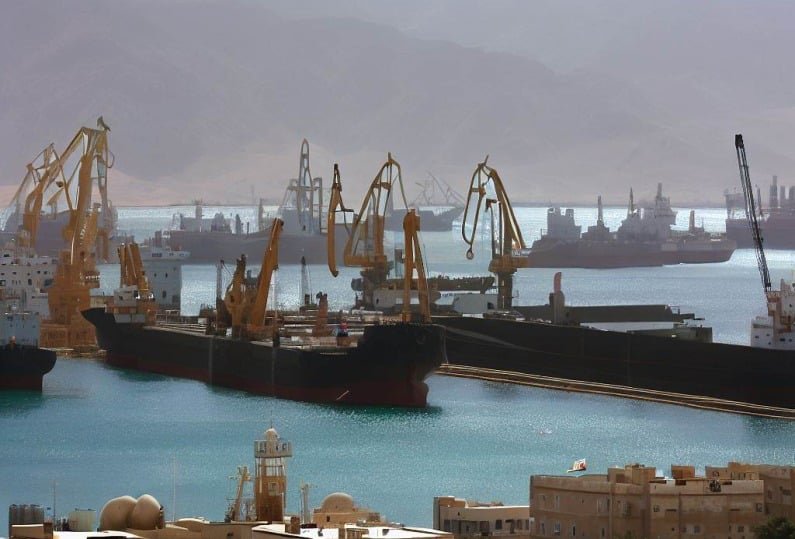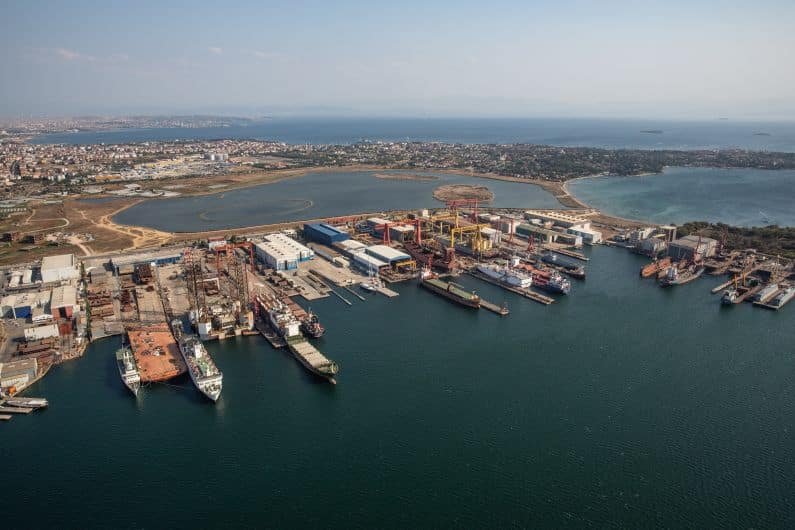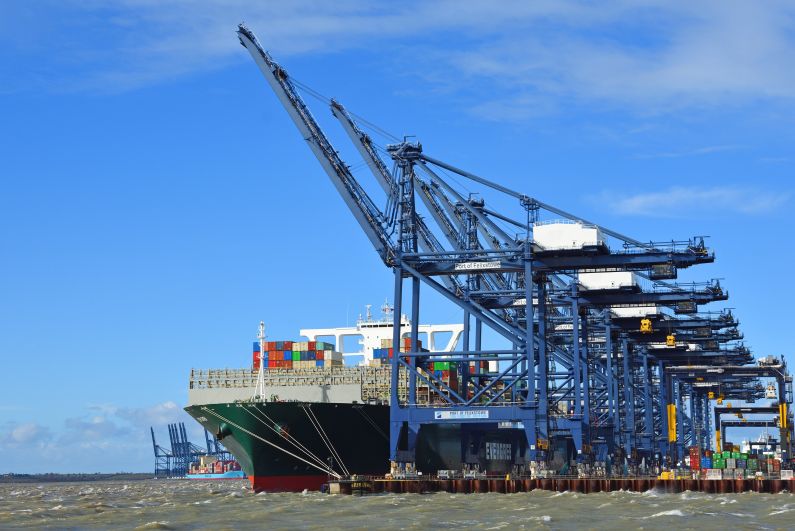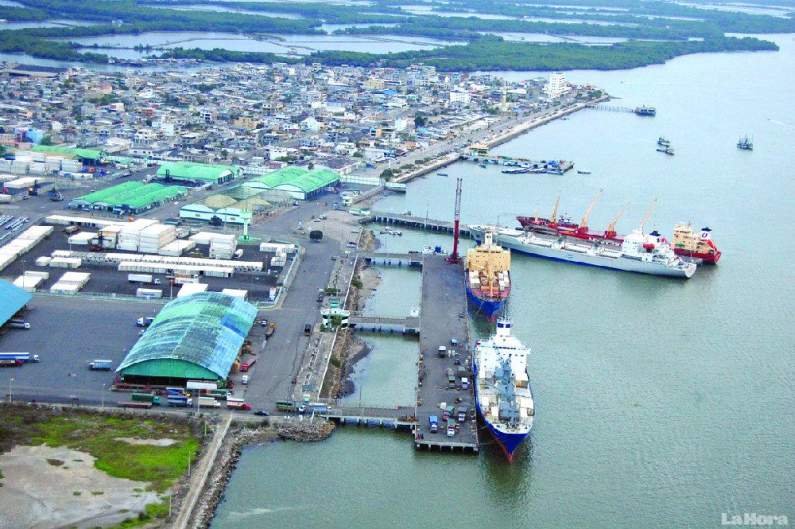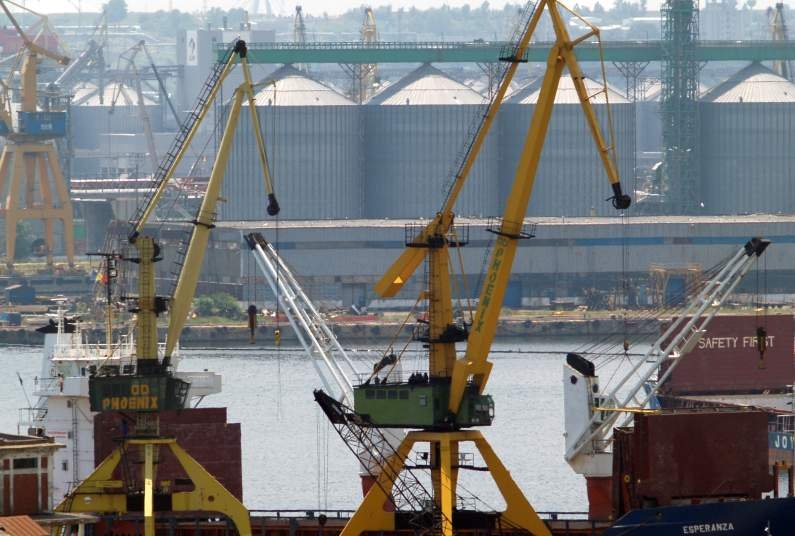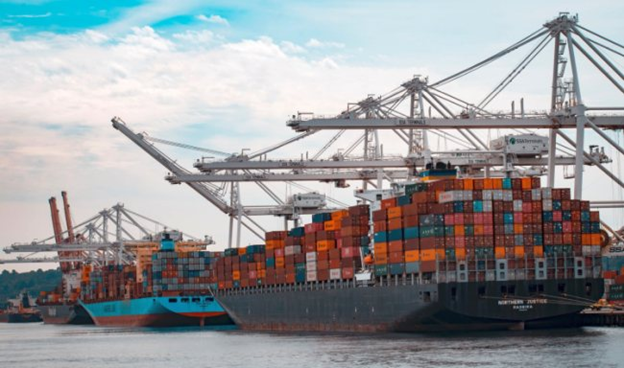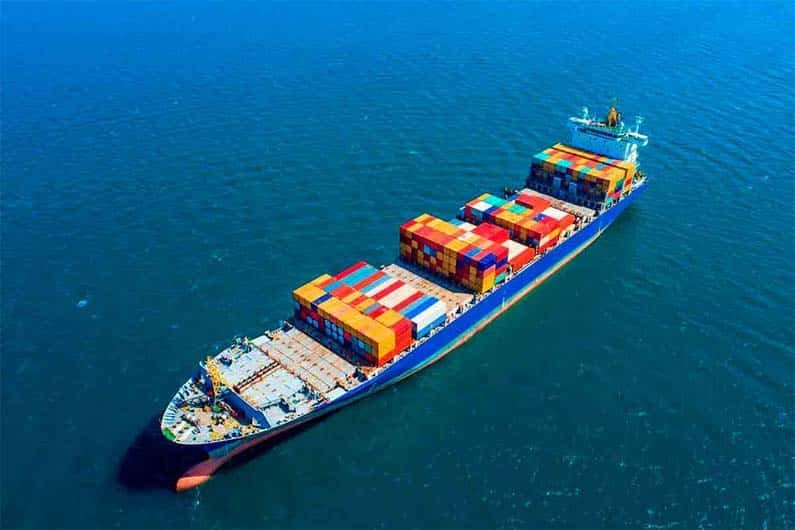The movement of heavy equipment—such as oil machinery, shredders, balers, compactors, and sorting systems—is a cornerstone for industries including construction, mining, agriculture, and waste management.
Uganda’s steady economic growth has created rising demand for advanced machinery, from excavators and drilling rigs to recycling and agricultural systems.
To meet this demand, freight solutions must deliver on time, control costs, and safeguard cargo at every stage of the journey.
This guide explains how shipping heavy equipment to Uganda from Houston works—covering logistics planning, transport modes, and return shipments for industries that rely on these machines.
Benefits of Shipping to Uganda
Economic Growth
Heavy equipment logistics support Uganda’s infrastructure expansion, mining output, agricultural mechanization, and waste processing capacity.
Reliable transport for shredders, balers, compactors, and other machinery fuels faster project completion and more efficient resource use across the country.
Technological Access
Importing advanced drilling rigs, bulldozers, excavators, and industrial processing systems gives Ugandan companies tools they cannot easily source locally.
These assets boost productivity, improve workflow, and support sustainable operations such as modern recycling and post-harvest handling.
Environmental Benefits
Returning machinery like shredders and compactors to Houston after use allows for refurbishment, resale, or redeployment—reducing waste and supporting the circular economy.
Selecting the Best Transport Method
The right mode depends on the machinery type, size, urgency, and budget. Main options include:
Ocean Freight
For oversized or bulk loads, breakbulk, RoRo, or container shipping offer secure and cost-effective solutions for compactors, balers, and shredders that exceed standard container limits.
Air Freight
For urgent needs or smaller machinery, air freight shortens transit times, ensuring equipment is operational in Uganda without project delays.
Preparing Machinery for Transport
- Documentation: Complete bills of lading, invoices, packing lists, and certificates of origin to prevent clearance delays.
- Cleaning & Maintenance: Remove debris and check systems to ensure safe shipment and readiness upon arrival.
- Disassembly & Securing: Break down large components where possible and package loose parts to prevent damage.
- Packaging: Use crates, steel frames, or shrink-wrap for weather and impact protection.
Freight Forwarding & Customs
Partnering with an experienced freight forwarder streamlines scheduling, carrier selection, and customs compliance for both U.S. exports and Ugandan imports.
- Coordination: Manage permits, schedules, and multi-mode shipments.
- Clearance: File all import/export documents correctly to avoid port holds.
- Insurance: Secure cargo insurance for protection against loss or damage.
Return Shipments to Houston
- Reconditioning: Inspect, repair, and prep machinery for resale or reuse.
- Transport Mode: Choose ocean or air based on timing and cost.
- Customs: Complete all U.S. re-import filings and duties.
Contact Texas International Freight for a tailored heavy equipment shipping plan between Houston and Uganda that keeps your project moving on time and on budget.





